Specialization of Industrial Electrical Contractors
Industrial electrical contractors focus on maintaining and enhancing the electrical systems in non-residential environments, particularly large-scale industrial settings. Their work involves ensuring that facilities such as manufacturing plants, factories, and mines remain operational. These environments often include agricultural, industrial, and construction sites, and may even extend to specialized industries like steel production or automotive manufacturing.
Industrial electricians handle complex tasks related to high-voltage systems, pneumatic and hydraulic machinery, and often work with robotics and other specialized equipment. Their duties include installing, troubleshooting, and maintaining intricate electrical systems, with a strong emphasis on safety and precision. Industrial contractors require extensive training and experience, often involving several years of apprenticeship and advanced certifications, due to the high level of specialization and the critical nature of their work. Errors in this field can lead to significant operational disruptions and costly downtime.
Specialization of Commercial Electrical Contractors
In contrast, commercial electrical contractors operate in non-residential environments that are open to the public, such as retail stores, restaurants, office buildings, and high-rises. Their work also extends to public sector facilities like schools, government buildings, and hospitals. Commercial electricians may be employed directly by a company, providing in-house support, or they may work as external contractors, offering services to multiple businesses.
Commercial electricians are responsible for a range of tasks including the installation of light fixtures, rewiring, and designing electrical systems to meet the specific needs of a commercial space. They often collaborate with building owners, architects, and engineers to ensure that electrical systems comply with safety codes and operational requirements. Their work includes tasks like connecting security alarms, installing switches and lights, and maintaining HVAC systems. While commercial electricians handle various repairs and maintenance, their focus is typically on less complex systems compared to their industrial counterparts.
Want to learn more about commercial electrical services? Check out our blog, Understanding the Distinctions Between Residential vs. Commercial Electrical Installations, to learn more about choosing the right electrical contractor for your job. Click here to read more.
Similarities and Differences
Both industrial and commercial electrical contractors share a foundational knowledge of electrical systems and principles. They are skilled in maintaining, troubleshooting, and repairing electrical equipment, and they work with both medium and high-voltage systems. However, their environments and specializations set them apart. Industrial electricians deal with more complex and high-stakes systems in large-scale facilities, requiring a higher level of technical skill and adaptability. In contrast, commercial electricians handle a broader range of general tasks within public and business environments, focusing on system efficiency and safety.
Find the Right Electrical Contractor with Action Services Group
Industrial and commercial properties are dependent on their electrical contractors for smooth operations and safety. Understanding these differences can help businesses and facilities select the right type of contractor for their specific needs, ensuring both safety and efficiency in their electrical systems. Action Services Group has a network of experienced electrical contractors that suit your needs and goals. Contact us today at 610-558-9773, via email at [email protected] or schedule a call by clicking the button below.



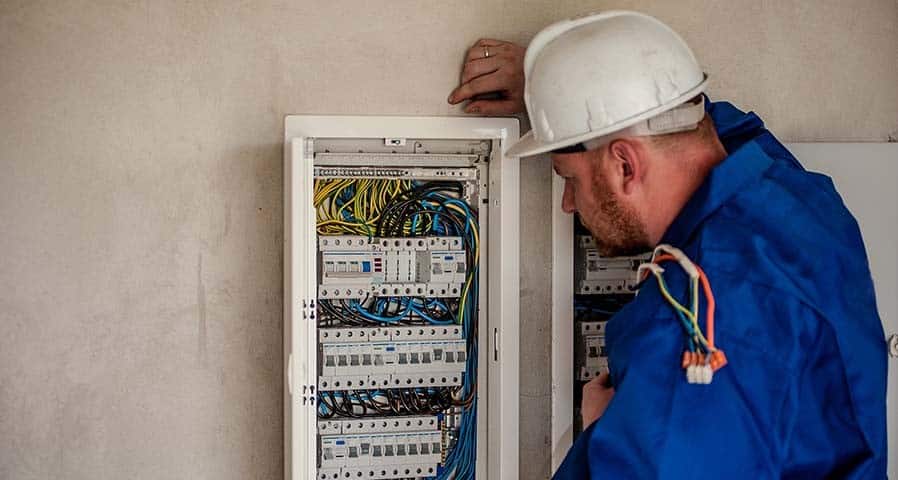
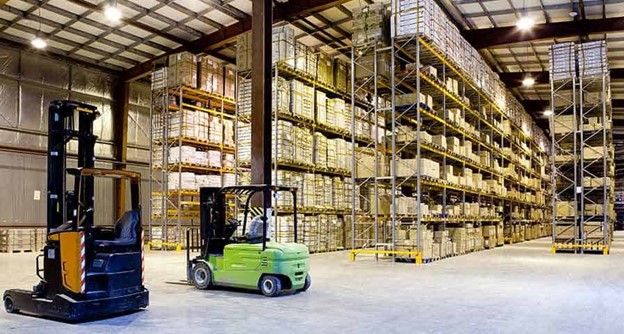
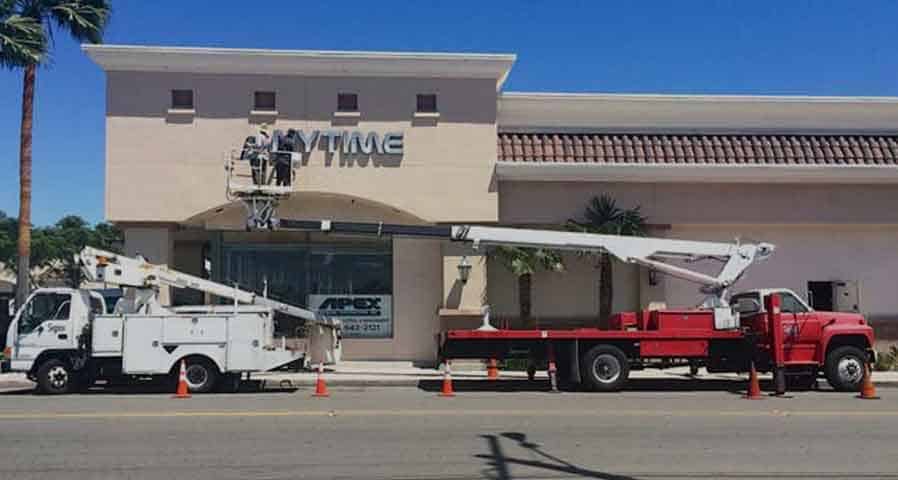

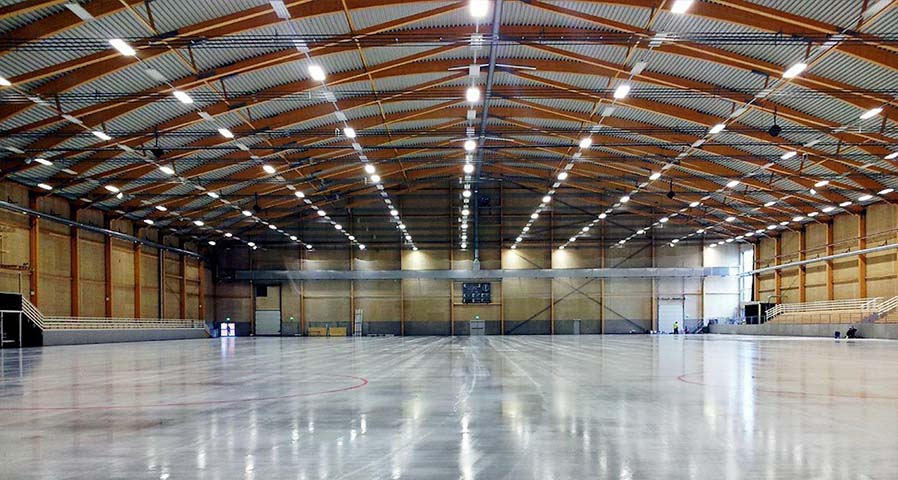
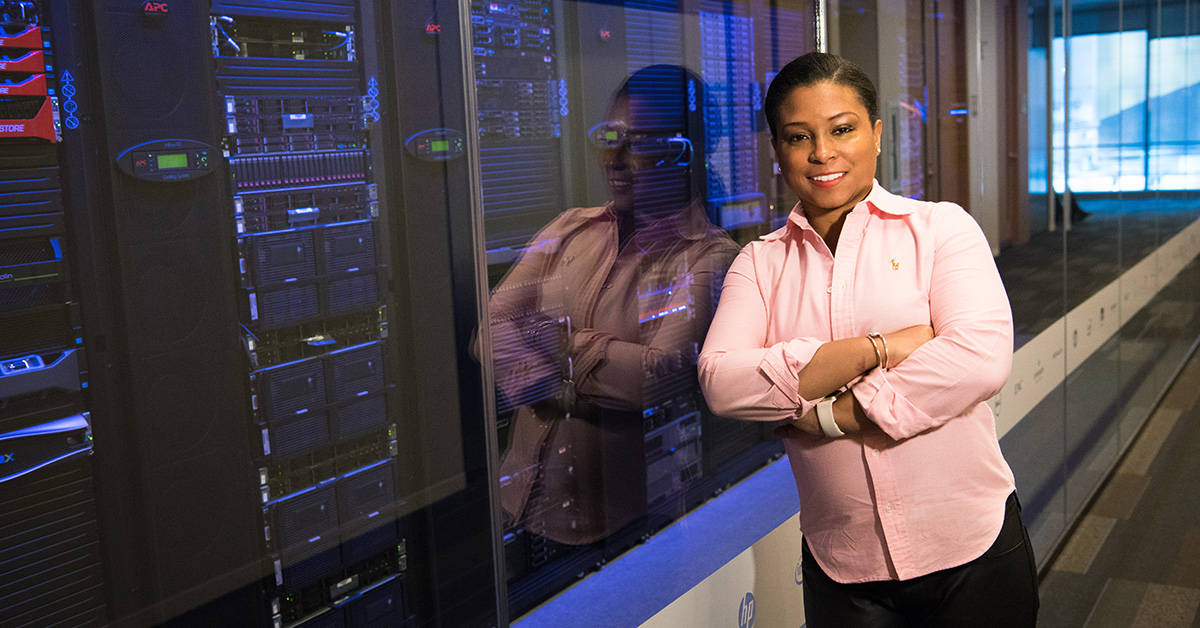







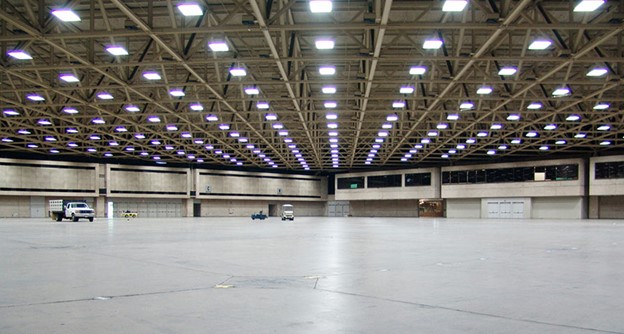
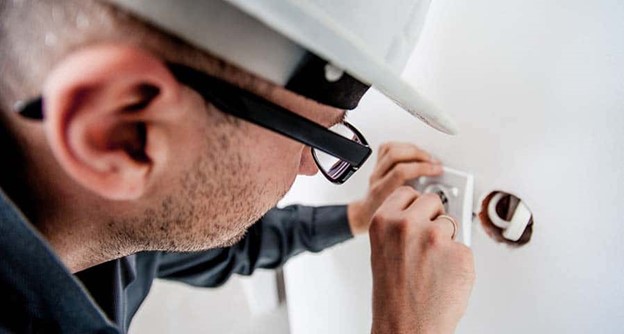

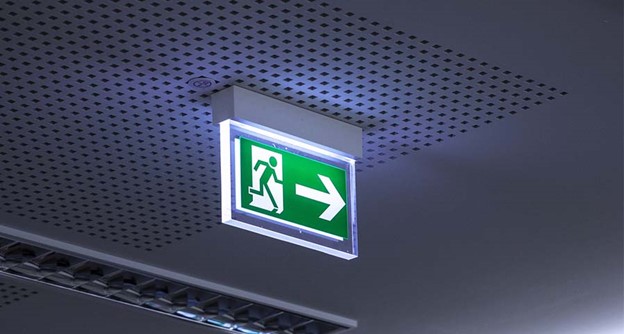

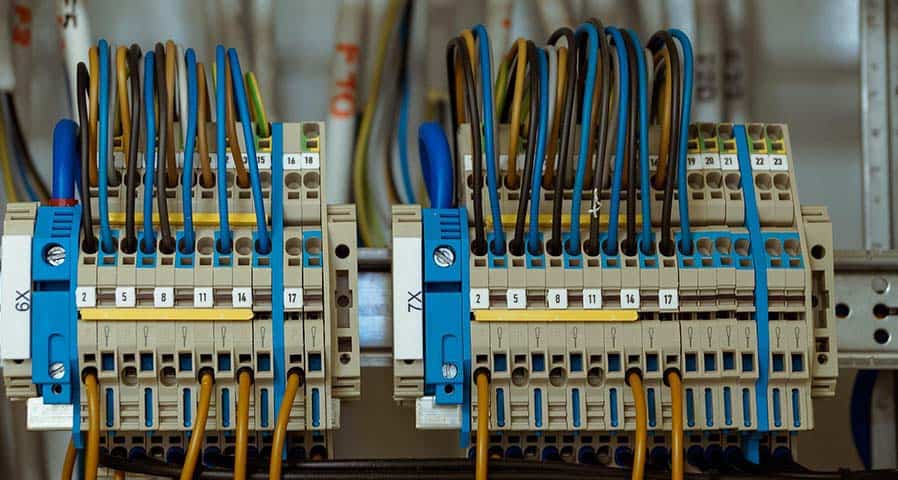



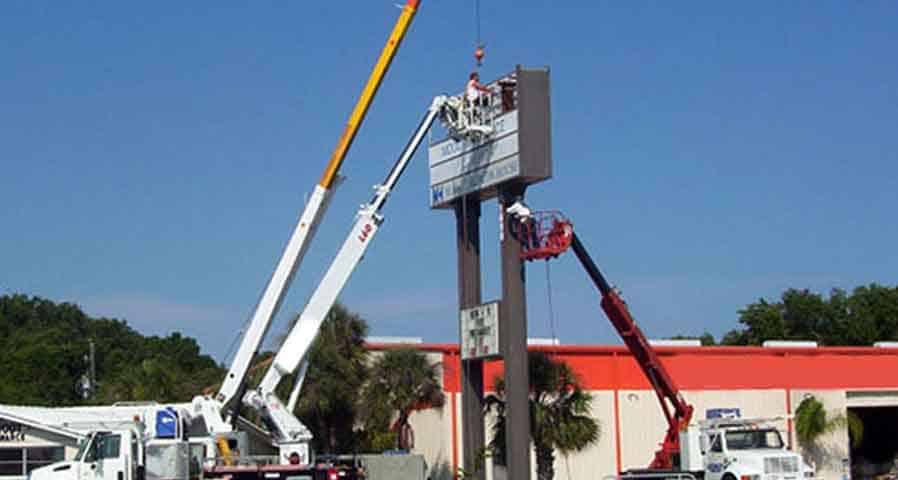

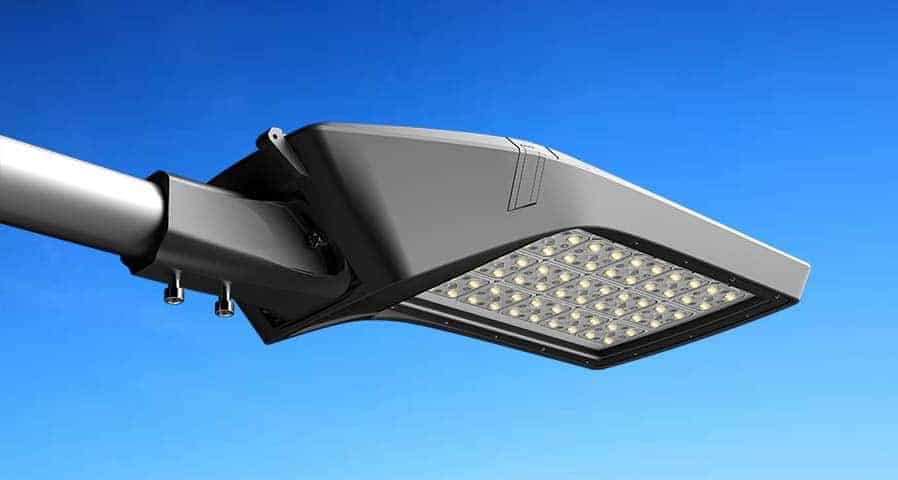
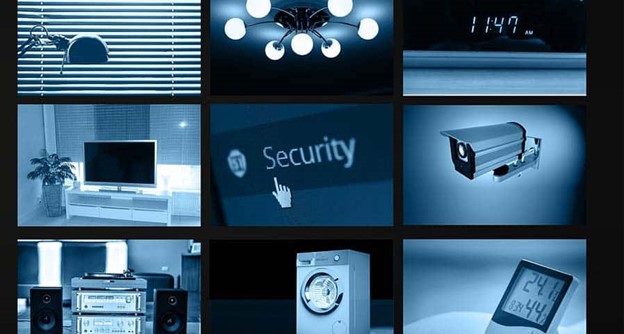
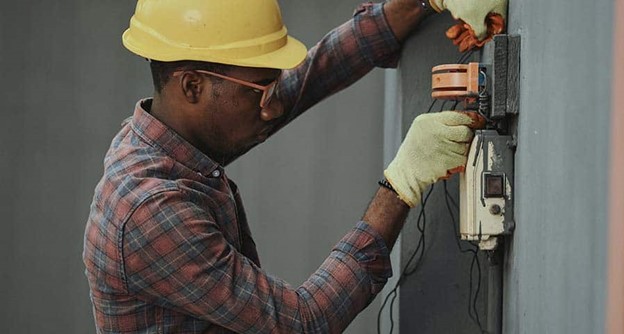
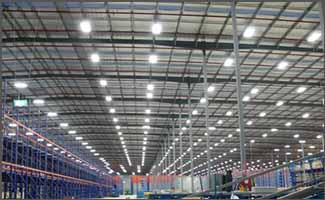




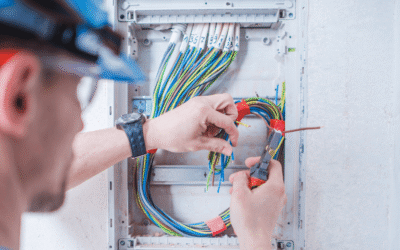





0 Comments